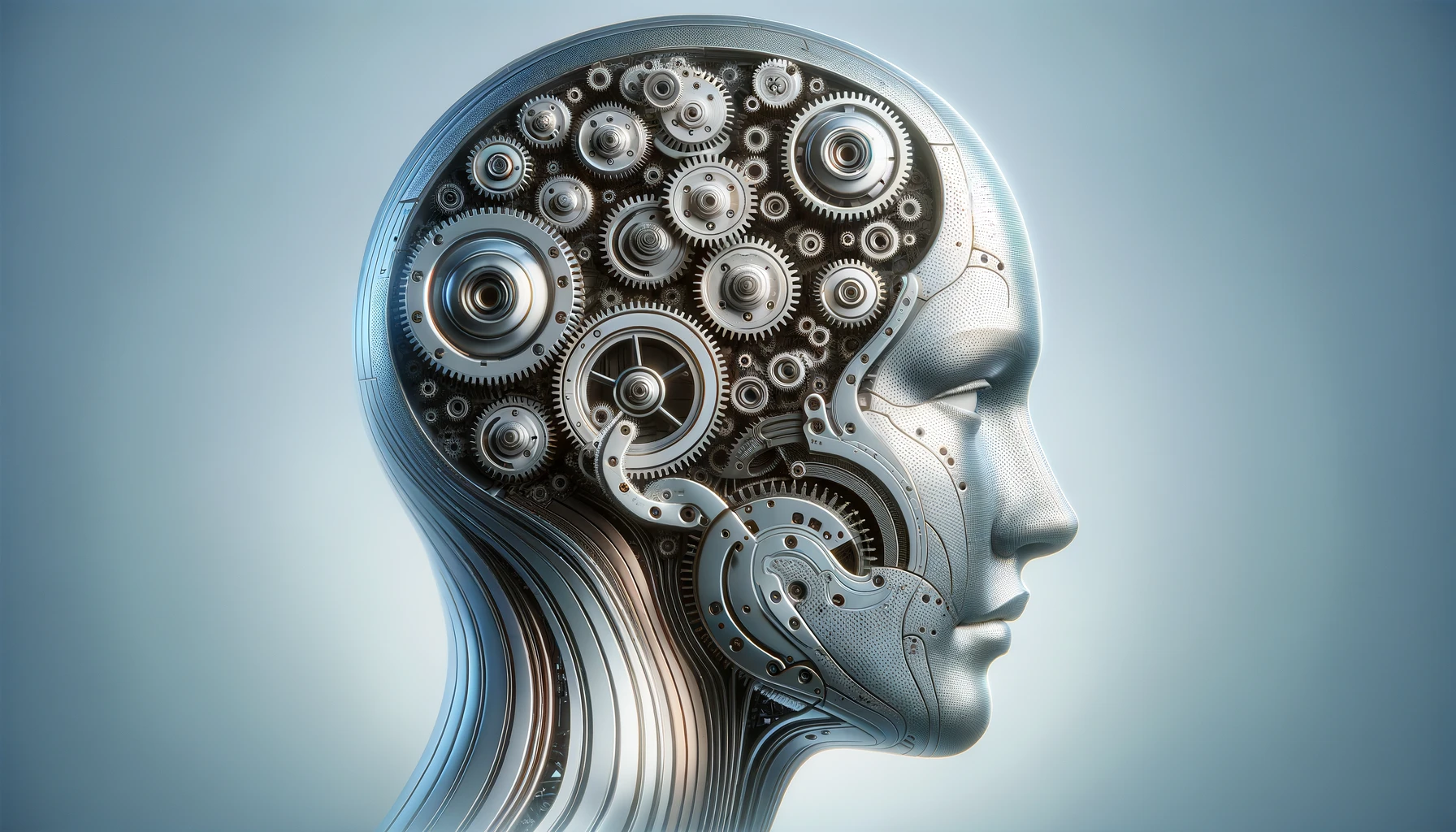Check out this answer from Consensus:
The debate over whether intelligence is fixed or malleable has profound implications for education, personal development, and societal progress. While traditional views have long held that intelligence is a static trait, emerging research supports the idea that intellectual abilities can be developed through effort and learning. By fostering a growth mindset and promoting reflective practices, individuals and educators can unlock the potential for greater intellectual and personal growth.
The question of whether intelligence is a fixed trait or a malleable quality has been a subject of debate for decades. Traditional views often held that intelligence, as measured by IQ tests, was largely determined by genetics and remained stable throughout life. However, recent research has challenged this notion, suggesting that intelligence can be developed and enhanced through various means. This article explores the evidence supporting both perspectives and examines the implications of these findings for education and personal development.
The Fixed vs. Malleable Intelligence Debate
Fixed Intelligence
The concept of fixed intelligence, also known as the entity theory, posits that intelligence is an innate and unchangeable trait. Proponents of this view argue that individuals are born with a certain level of intellectual capacity that remains constant over time. This perspective has been widely accepted since the early 20th century, particularly with the advent of IQ testing2.
Malleable Intelligence
Contrary to the entity theory, the incremental theory of intelligence suggests that intellectual abilities can be developed through effort and learning. This view is supported by a growing body of research indicating that intelligence is not solely determined by genetics but can be influenced by environmental factors and personal experiences1 2 3.
Evidence Supporting Malleable Intelligence
Longitudinal Studies
A longitudinal study involving 373 7th graders found that students who believed in the malleability of intelligence (incremental theory) showed an upward trajectory in their grades over two years. In contrast, those who believed in fixed intelligence (entity theory) exhibited a flat trajectory in their academic performance. This study also demonstrated that teaching an incremental theory to students could positively impact their classroom motivation and academic outcomes1.
Reflective Intelligence
David Perkins’ research highlights the concept of reflective intelligence, which involves the ability to become aware of one’s mental habits and transcend limited patterns of thinking. Perkins argues that this form of intelligence, which can be developed through education and practice, plays a crucial role in enhancing overall intellectual capacity. His work suggests that intelligence is not a static trait but can be cultivated through reflective practices and learning strategies2.
Broader Adjustment Outcomes
Research has also shown that implicit theories of intelligence influence a wide range of adjustment and well-being outcomes beyond academic achievement. Individuals who view intelligence as malleable tend to exhibit more adaptive behaviors and better psychological adjustment compared to those who see intelligence as fixed. This finding underscores the broader implications of adopting an incremental view of intelligence for personal development and well-being3.
Implications for Education and Personal Development
Educational Strategies
The belief in malleable intelligence has significant implications for educational practices. Educators can foster a growth mindset in students by emphasizing the importance of effort, learning from mistakes, and developing problem-solving skills. Interventions that teach students about the malleability of intelligence have been shown to improve motivation, resilience, and academic performance1 4.
Personal Development
On a personal level, adopting an incremental view of intelligence can lead to greater persistence in the face of challenges and a more proactive approach to learning. Individuals who believe in the potential for intellectual growth are more likely to seek out new experiences, embrace lifelong learning, and achieve higher levels of personal and professional success2 3.
Is intelligence fixed?
Andreas Demetriou has answered Extremely Unlikely
An expert from University of Nicosia in Intelligence, Cognitive Science
Intelligence is definitely not fixed. In the general population, intelligence increased by about 3 IQ points every in every decade over the 20th century (the phenomenon known as the Flynn effect). Also, intelligence increases by about 2-4 IQ points for every additional school year. Intelligence training research has not been successful so far to produce permanent effects but this is due to methodological reasons and lack of understanding of age-specific priorities of training (see Demetriou & Spanoudis, Frowing minds. Routledge, 2018).
Is intelligence fixed?
Gavin Brown has answered Extremely Unlikely
An expert from University of Auckland in Education, Psychometrics, Statistics
The brain is neuroplastic and keeps changing. Stimulus from environments which requires flexibility in processing and exploitation of schematised structures keeps the brain active forming new paths. It is normal for flexibility to decrease with age but competences in structured or crystallised knowledge help us cope with the decreasing ability to respond. In healthy individuals facing a rich and challenging cognitive environment, continued success generates greater intelligence. See:
Dickens, W. T., & Flynn, J. R. (2001). Heritability estimates versus large environmental effects: The IQ paradox resolved. Psychological Review, 108(2), 346-369.
Deary, I. J. (2001). Intelligence: A Very Short Introduction. Oxford, UK: OUP.
